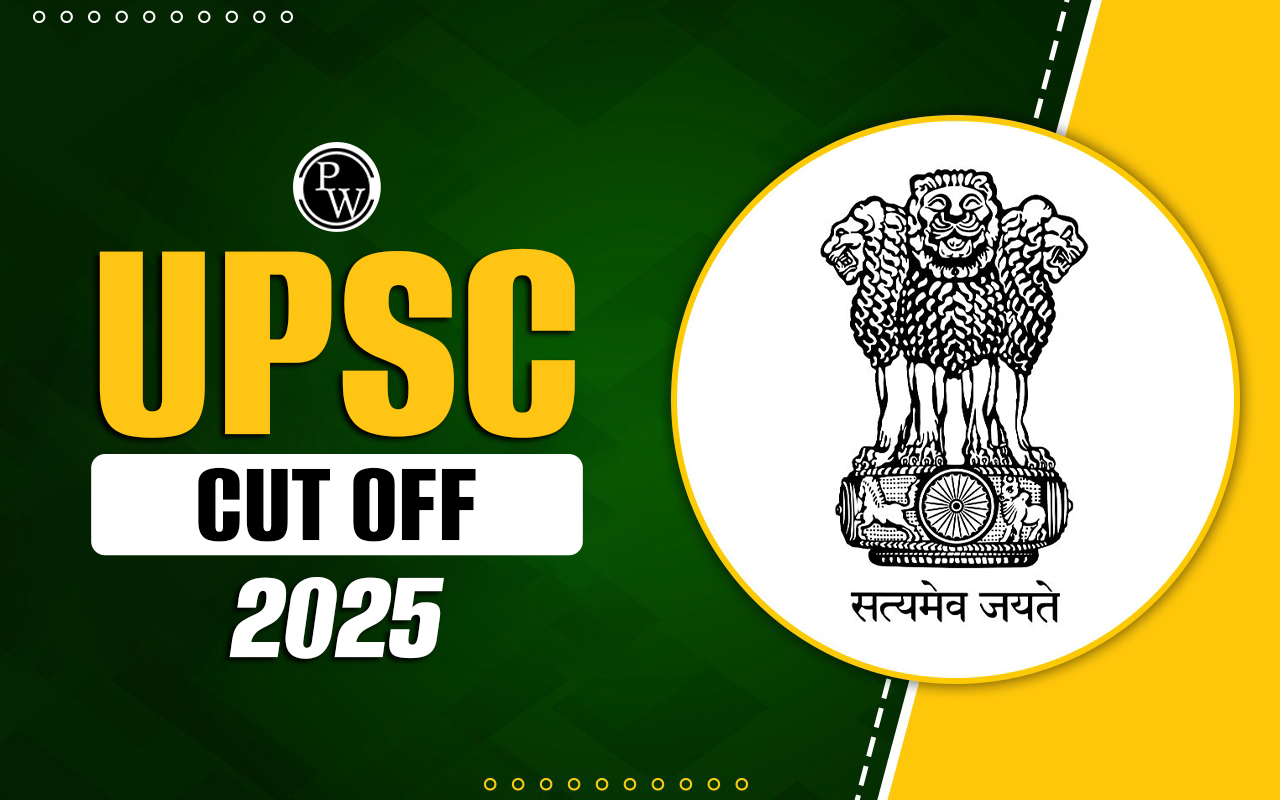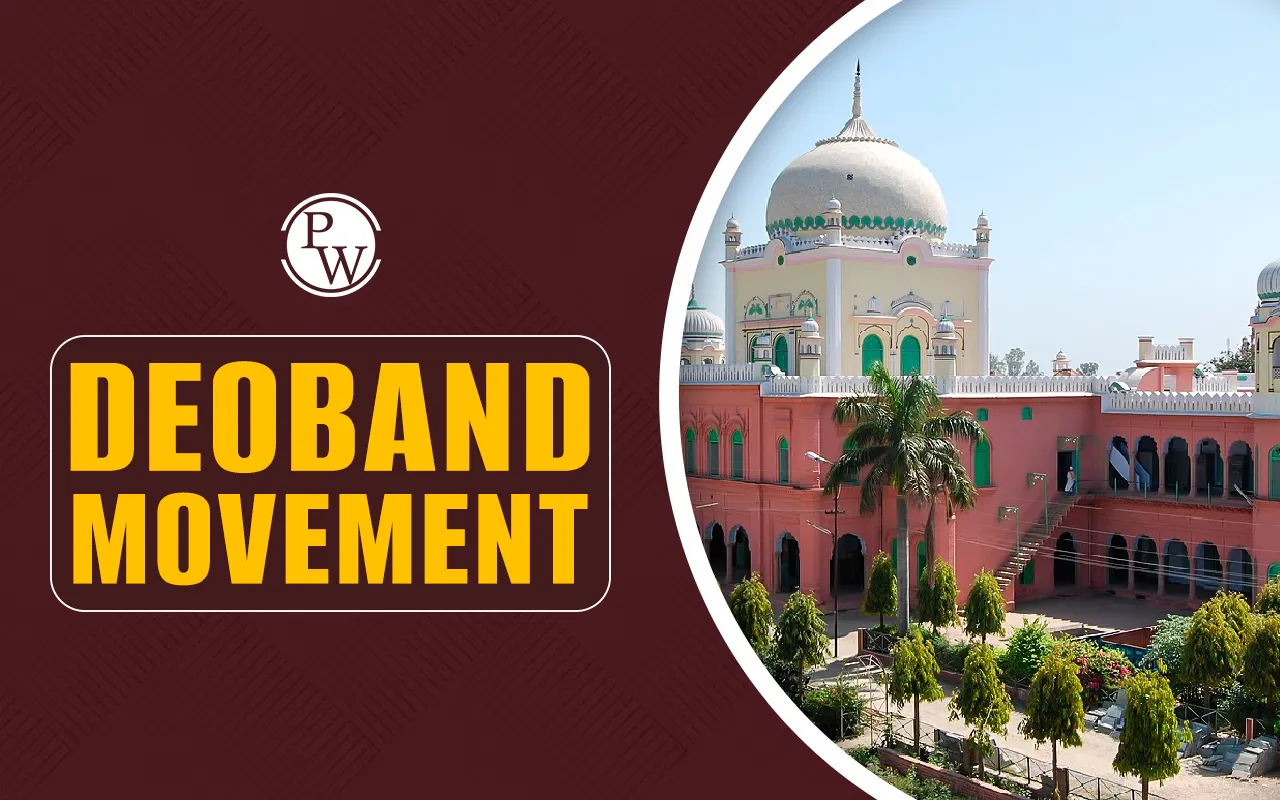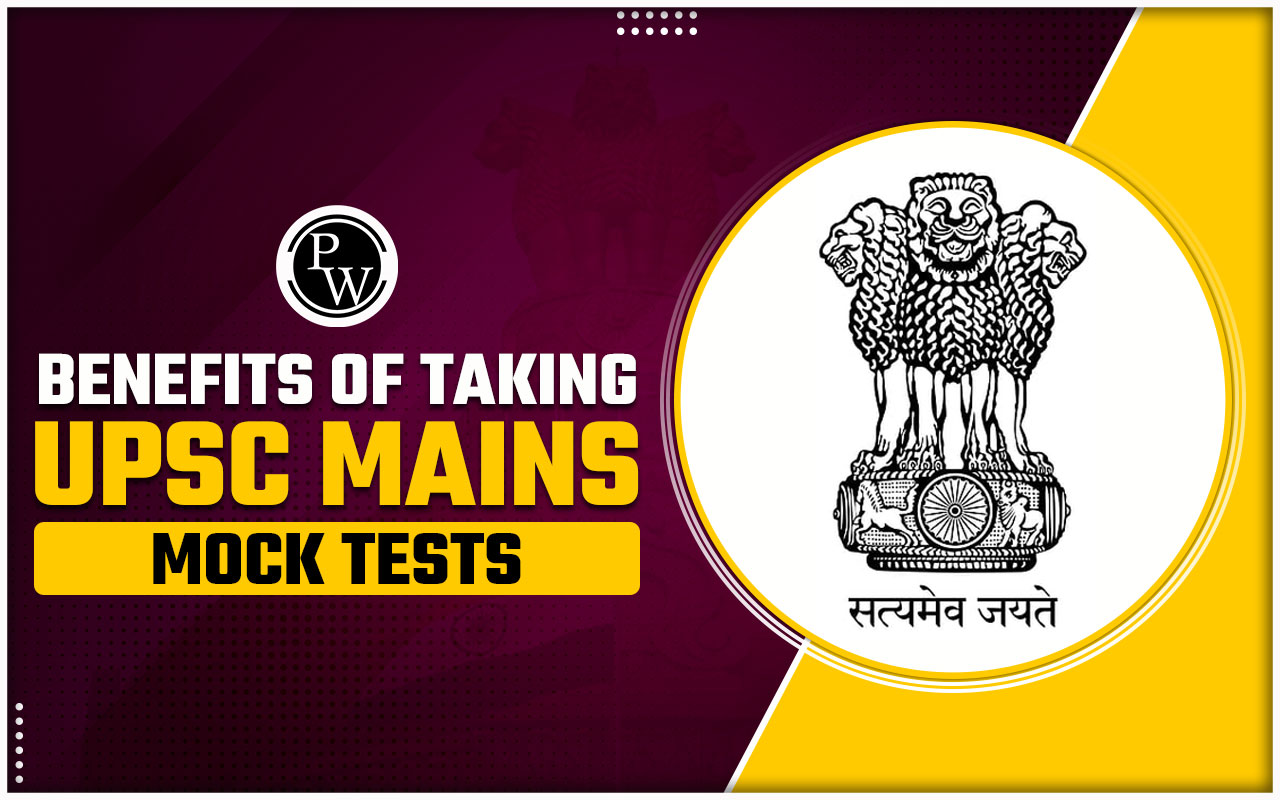

India-Turkey Bilateral Relations were established in 1948 when both countries exchanged Ambassadors. Since the establishment of diplomatic relations, the political and bilateral relations between the two countries have been warm and cordial.
However, some tensions still exist in Turkey and India relations. Turkey’s recent criticism of India’s Operation Sindoor and counter-terror strikes in Pakistan after the Pahalgam attack has strained the relations to some extent.
India-Turkey Bilateral Relations
India and Turkey relations were established in 1948 at the diplomatic level, and India’s first Prime Minister, Jawaharlal Nehru, made the first official visit to Turkey in 1960. Over the years, the political, economic, and cultural relations have largely remained warm.
-
The most recent political level contact was a bilateral meeting between Indian PM Narendra Modi and Turkish President Recep Erdogan in September 2022 on the sidelines of the SCO Summit in Samarkand (Uzbekistan).
-
India and Turkey relations also share traditional cultural linkages. Both countries have formally agreed to cultural cooperation through the Cultural Exchange Programme (CEP).
-
In Turkey, there exists a small Indian community of around 2000 people. This community is mostly concentrated around Istanbul and working in private firms, universities, banks, etc. 200 Indian students are also pursuing their education in Turkey.
Are India and Turkey Allies?
Although Turkey and India relations have existed for hundreds of years, and in recent times, they still have cordial bilateral relations. But there are also some issues lingering over the relationship owing to different strategic interests. Some of these issues include:
-
Turkey’s support for Pakistan, particularly over the Kashmir issue.
-
India’s support for Armenia, Greece, and Cyprus against Turkey.
-
Differing strategic cooperation during the Cold War Era (NATO for Turkey and Non-Alignment for India).
-
Turkey’s recent support for Pakistan against India’s Operation Sindoor post the Pahalgam attack, has further escalated the tensions.
-
Despite these challenges, both India and Turkey have maintained diplomatic missions and engage in trade and other interactions.
-
Periodic high-level meetings between government officials of both countries indicate a desire to change and improve bilateral relations.
Bilateral Relations of India with Other Countries
India has maintained strong bilateral relations with many countries, in and around including Turkey, Greece, Cyprus, and Armenia. Cooperation and strategic partnership of India with these countries on various fronts is sometimes in contrast to India-Turkey Bilateral Relations and Turkey’s regional influence and actions. Bilateral Relations of India with Other Countries around Turkey can be described as follows:
-
Greece: India is looking to actively engage and improve bilateral ties with Greece to counter Turkey’s growing influence in the region.
-
Armenia: India has also been able to successfully establish bilateral relations with Armenia in response to Turkey’s actions.
-
Cyprus: India is gradually increasing its engagements with Cyprus as a way to address concerns related to Turkey’s growing military presence and assertive military policy in the Eastern Mediterranean region.
India-Turkey Bilateral Trade
India-Turkey bilateral relations resulted in the signing of a mutual bilateral trade agreement in 1973. This agreement was followed by an Agreement on setting up an India-Turkey Joint Commission on Economic and Technical Cooperation (JCETC) in 1983.
-
Bilateral trade between the two countries crossed $ 10.70 billion in 2021-22.
-
India’s export to Turkey was USD 8,716 million for 2021-22, and import in this period was USD 1,996 million.
-
Major Indian exports to Turkey include petroleum products, man-made yarn, fabrics, aircraft, and spacecraft parts.
-
Major Imports from Turkey include industrial machinery, poppy seeds, inorganic chemicals, granite, marble, mechanical appliances, etc.
-
Investment of around $ 126 million has been made by Indian companies in Turkey, and the Turkish companies have invested around $ 210 million in India.
Looking for guidance in UPSC preparation? Explore Physics Wallah’s UPSC courses!
India-Turkey Bilateral Relations FAQs
Does Turkey have good relations with India?
Who is richer, Turkey or India?
What are the bilateral trade agreements with Turkey?
When did Turkey rule India?
When were India-Turkey bilateral relations established?













